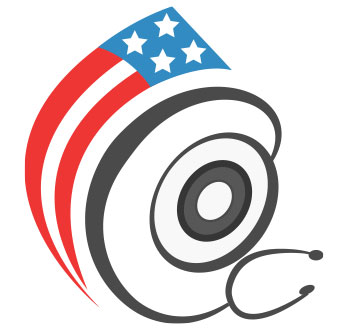With more than 2 million Americans alone suffering from bipolar symptoms, it is little wonder so many people have questions about this condition. This serious mental illness can be rather scary to confront, but arming oneself with the right answers to some of the most common questions is one of the first places to start to help deal with it.
What does bipolar mean?
Bipolar disorder is a biological/mental illness that tends to result in very wide mood swings. People who suffer from the disorder are known to go through manic highs and depressed lows. The symptoms can be very troubling for the patient and their loved ones.
What happens during a manic swing?
When a manic episode is under way, a person is extremely up. This condition can lead to the mind racing, the mood-elevating greatly, and risk-taking that is beyond the norm. While this might sound like a "fun" person, the reality is many people in the throes of manic swings go without sleep, overestimate their abilities, and can even hurt themselves or others inadvertently through their actions.
What characterizes a depressed swing?
During this phase of the disorder, a person's mood plummets. The signs and symptoms of clinical depression are frequent, such as isolation, loss of appetite, sleeping too much, and even thoughts of suicide.
Can anyone get bipolar disorder?
Yes, this mental illness does not seem to pay heed to boundaries such as class, race, ethnic group, or even sex. It is an equal opportunity condition.
What age does this condition arise?
The main symptoms of the disorder tend to show up in the teens to early 20s, but that doesn't mean they won't strike earlier or later. The signs and symptoms, if present, should be cause for concern at any age.
What causes the disorder?
Those who are bipolar tend to have an imbalance of neurotransmitters in their brains. There is no known cause for the imbalance, but the reality is when these chemicals are out of synch, this disorder can appear, making it a biological illness with psychological symptoms.
Are their risk factors?
Yes. There does seem to be a strong family tie that goes along with this condition. People with parents or siblings who have bipolar syndrome are more likely to develop it. This does not, however, mean that everyone with a family tie will present with bipolar symptoms. It just means the risk is higher.
Can the condition be treated?
Yes. There are medications that can help bring the chemical level in the brain back into balance. The condition cannot be cured, however. To effectively manage it and enjoy a normal life, those with the condition generally require lifelong medical care.
Living with bipolar symptoms can be a rather scary roller coaster ride for the patient and loved ones, as well. Although this is a chronic condition without a cure, there are viable treatments that can help keep the symptoms in check. When this is achieved, it is more than possible for a person suffering from this condition to lead a normal life.
Anticonvulsants like Carbamazepine and Valproate are often combined with Lithium to effectively control mania and prevent the recurrence of both manic and depressive episodes.
About the Author: By Samantha Davis. For more information on bipolar, try visiting http://www.bipolardetails.com - a website that specializes in providing bipolar-related tips and resources to include information on bipolar.
DoctorSolve™ Healthcare Solutions Inc., a Canadian Internet-based pharmacy intermediary (license #BC X23), offers low-cost, long-term prescription drugs. A professionally registered pharmacist fills all Canadian prescriptions. A certified member of the Canadian International Pharmacy Association, DoctorSolve™ is ranked as one of the best online Canadian pharmacies.
DoctorSolve™ is ranked as one of the best Canadian pharmacies online. DoctorSolve™ has filled more than 200,000 U.S. prescriptions.
For more information on how to order Canada drugs safely and securely call 1-866-732-0305 or visit https://www.doctorsolve.com/ - a trusted and reliable Canadian online pharmacy since 1999.





